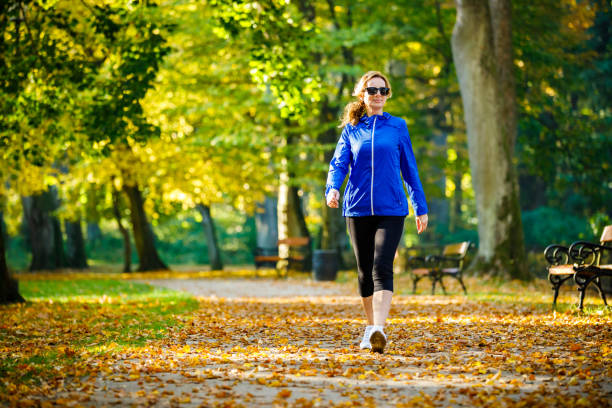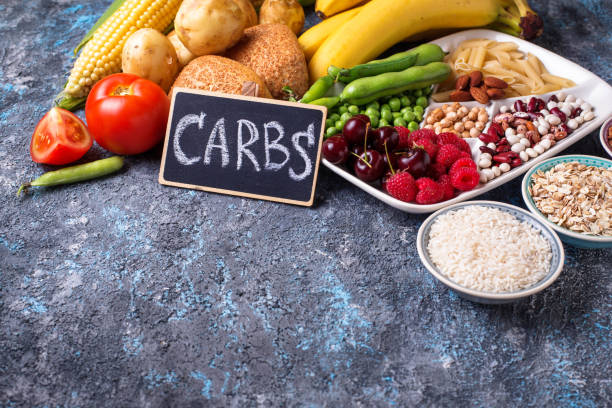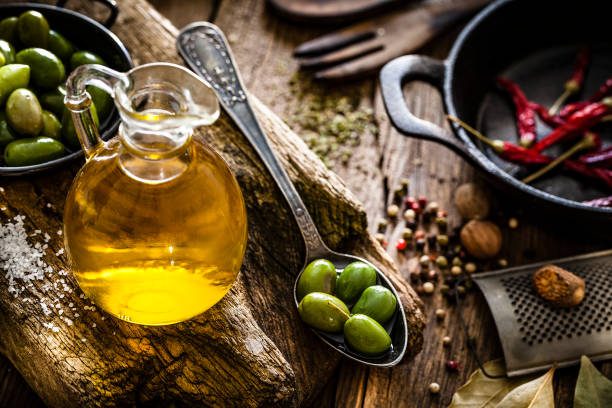By Ebhi Ebiz
Lack of physical activity and a diet rich in refined flours and sugars can favor type II diabetes. Taking care of these aspects is the best prevention.
Prevention is basic
Type I diabetes can not be prevented, but in the case of II, a healthy lifestyle with a balanced diet that provides an adequate weight and regular exercise can help to curb its appearance. Although there is a particular genetic component, in most cases, it will not be manifested if the lifestyle is adequate.
It is important, first and foremost, to avoid obesity and overweight. And for this, we all know that it is crucial to follow a balanced diet. If there is already or has been diabetes in the family, prevention should be even more thorough.
An important measure is not to abuse fast-absorbing carbohydrates, as they cause a sharper increase in blood glucose; that is, they have a high glycemic index and therefore cause a greater insulin discharge.
It is, therefore, not to “deplete” the pancreas with an inappropriate diet. Sugary drinks, pastries, and, in general, sugar-rich foods should be limited to the maximum. Copious meals also make the pancreas work harder.
In general, it is convenient to follow the well-known Mediterranean diet guidelines (fruits, vegetables, whole grains, legumes, nuts, fish and olive oil), as well as to moderate alcoholic beverages, salt, and processed foods as much as possible.
Another basic aspect is to avoid a sedentary lifestyle. The simple exercise of walking every hour for an hour is already a good preventive. Walking, like other types of exercises, consumes glucose and therefore prevents and improves in some way its excessive presence in the blood.
6 HABITS AND MEASURES THAT HELP WITH DIABETES
1. MAINTAIN REGULAR MEAL SCHEDULES
It is advisable to follow regular meal times and avoid making them very copious, so as not to overload the pancreas.
2. PREFER LOW GLYCEMIC CARBOHYDRATES
The main source of energy should be low glycemic carbohydrates, but this is influenced by the way food is combined and cooked. These measures can help:
More fiber: include in each meal food rich in it such as legumes, whole grains, and fruits (its fructose does not produce the kind of rapid elevation of glucose that causes sucrose from refined sugar). Fiber not only regulates glucose absorption but also helps control cholesterol.
Cooking al dente: do not overcook farinaceous such as pasta or rice or vegetables.
Sweeteners: avoid sugar and do not abuse synthetic sweeteners.
3. BET ON FRESH AND QUALITY FOOD
It is convenient to consume fresh foods, healthy fats such as olive oil and a little salt; Drink water and avoid soft drinks with sugar.
4. PRACTICE DAILY EXERCISE
It is essential to increase physical activity throughout the day. Between 30 and 60 minutes, a day of aerobic activity is the most desirable. Exercise improves insulin sensitivity and glucose tolerance, lowers cholesterol, and triglycerides and helps lose weight.
5. REDUCE STRESS
Stress-related hormones, such as adrenaline and cortisol, raise blood glucose levels. It has been proven that yoga, for example, improves both glycemic control and pulmonary functions in diabetics.
6. DO HYDROTHERAPY
Alternate baths (hot and cold water) are ideal for improving microcirculation, especially of the feet, legs, and hands.
A true love for sports










Recent Comments